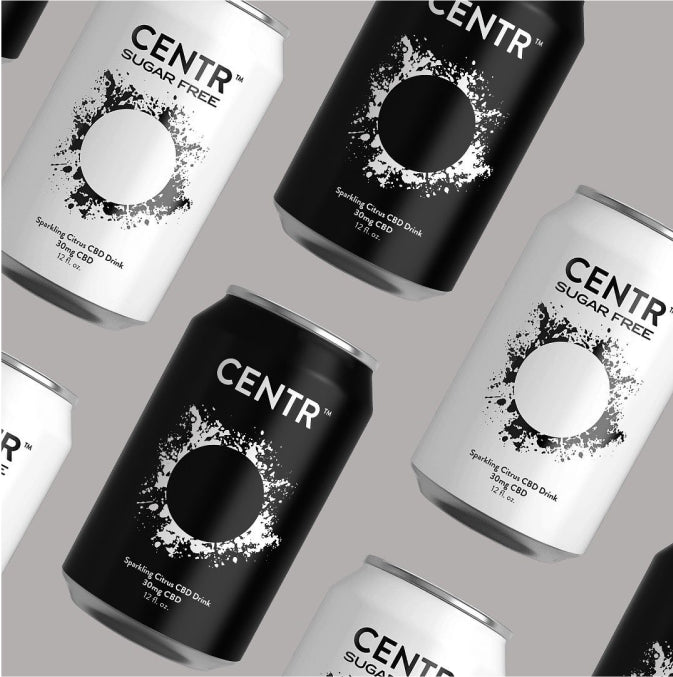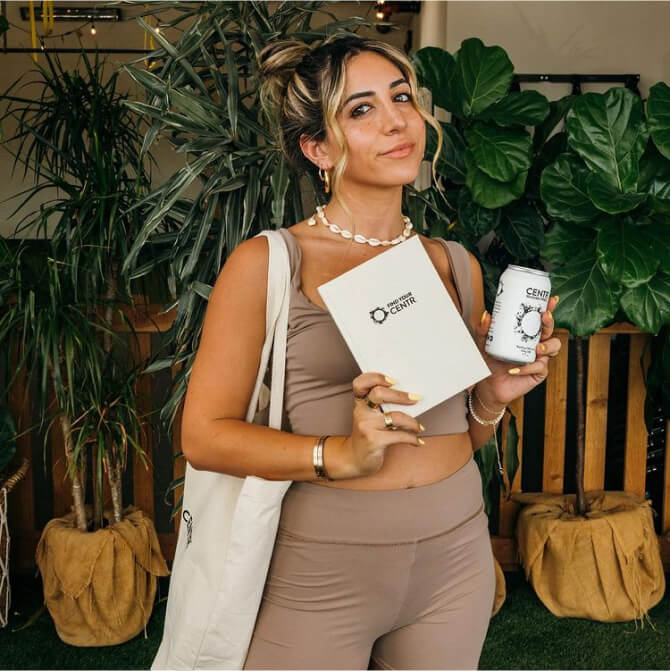Why are CBD products gaining popularity these days?
Cannabidiol—a compound found in hemp plants that has been touted for its potential health benefits—has gone mainstream.
CBD sales are skyrocketing
By 2027, sales of cannabidiol (CBD) products could climb as high as $11 billion, according to the Brightfield Group. This is up from a 2022 projection of just $5 billion in retail sales.
What is CBD, and where does it come from?
CBD is a compound derived from cannabis plants. It has rapidly become more mainstream since the passage of the 2018 Farm Bill last December. The Farm Bill removed hemp from its definition as a Schedule 1 drug.
Hemp is a variety of the Cannabis sativa plant species that contains trace amounts of tetrahydrocannabinol, the psychoactive ingredient in marijuana.
Cannabinoids are compounds that occur naturally in the cannabis plant and interact with human brain chemistry. The prominent intoxicating cannabinoid found in cannabis is THC (delta-9 tetrahydrocannabinol). CBD, or cannabidiol, is a non-intoxicating compound found in cannabis. It interacts with the body’s endocannabinoid system.
THC is what causes the high feeling when you consume cannabis. CBD, on the other hand, does not cause intoxication and is not psychoactive. It’s believed to interact with receptors in your brain and throughout your body to regulate pain, inflammation, and other bodily systems.
Many other cannabinoids have different effects on the human body. THC and CBD are the most well-known, but there’s a whole family of cannabinoids beyond these two compounds.

Why are CBD products so popular?
CBD became popular because it provided the benefits of cannabis without intoxication. The compound has been used since ancient times, but until recently, it was only available as a supplement or extract. The Farm Bill’s passage opened the door for stores to sell CBD on their shelves, whether online or not.
CBD is not a “miracle drug,” but it has shown promise as a treatment for epilepsy and other neurological disorders. The FDA has approved CBD to treat rare forms of childhood epilepsy that don’t respond to traditional medications. At the same time, CBD became a hot-button issue in the world of athletics.
The World Anti-Doping Agency (WADA) removed CBD from its banned substances list in 2018. This meant athletes could use it without fear of facing sanctions. Then, earlier this year, WADA reversed course on its decision.
The Farm Bill legalized hemp, which is grown for its fiber and oil. The bill removed hemp from the Controlled Substances Act’s definition of marijuana and defined it as an agricultural commodity. This allowed farmers to grow it and sell it commercially—and opened up a whole new market for CBD producers.
Legal status
Cannabis containing THC has been legal in some states for many years. But consumers may not be using it because of the intoxicating effect and workplace drug testing. However, CBD-only products are not psychoactive and can be used by anyone. The fact that CBD is non-intoxicating has helped to make it more popular with consumers. As a result, the market for CBD products has grown significantly in recent years.
CBD products are sold in states where cannabis use is illegal. They’re also sold in states where cannabis is legal for medical or recreational use. The wide availability of CBD products drives the cannabinoid's popularity forward, especially in states where marijuana remains heavily restricted.
Creative CBD product variety
The CBD market is filled with innovative product variations, from salves and bath bombs to drinks and instant CBD powder. The sheer creativity that goes into CBD products is enough to tell us just how popular this compound is.
CBD's market is constantly growing and changing, but it’s a safe bet that this compound will continue to be a popular choice among consumers. People use the product for many different applications, and it’s hard not to find something appealing about it—plus, it’s federally legal.
What do people use CBD for?
People use CBD to treat various conditions, including pain, anxiety, and insomnia. It’s also being studied for its potential to help people with cancer and other diseases manage their symptoms.
But where is the science behind all the CBD product hype?
Media and marketing hype have primarily driven the popularity of CBD. It is also driven by anecdotal accounts that it improves health. But there is not enough scientific evidence to back this up. Not yet anyway.
Researchers are exploring CBD's medical applications and determining the best way to administer it for maximum benefits.
As the results of those studies are released and verified by other researchers, their findings will no doubt be publicized by various media outlets. This will add further fuel to the wildfire that is CBD product popularity.
The future of CBD is promising. It has the potential to be a safe, effective alternative for many people who suffer from pain and other health issues. But until more research is done, it shouldn't be considered a cure-all or miracle drug.
Top Tips when you’re shopping for CBD Products
When searching for CBD, it's essential to keep in mind the varying quality of products on the market. While most CBD products are safe, poorly produced or contaminated products can have adverse health effects. For example, some manufacturers use harmful pesticides on their crops and then sell them to customers.
Others may add artificial ingredients or heavy metals such as lead. It's also important to remember that, at this point, the FDA doesn't regulate CBD products. They do, however, regulate how CBD is marketed.
There's no guarantee that the product contains any CBD or that it even comes from hemp. Sure, the FDA regulates how they are marketed- but you need to check the third party reports so you know exactly what is, and what isn’t, inside a CBD product.
The quality and purity of CBD products can vary widely, which is why it's essential to do your homework before buying. Look for reputable brands that have been lab-tested and verified as safe and effective.
Use these tips when you're shopping for CBD products:
- Quality control: Does your product come with an up-to-date comprehensive COA from a reputable third-party lab? This is important, as the report will show whether or not what you are paying for—and ingesting—is actually in there. The certificate will also tell you whether a third party tested a product for harmful contaminants like mold, pesticides, and heavy metals.
- There is no industry standard for transparency in this budding business. Companies that are up-front about where their hemp is grown and how they make their products will likely be most trustworthy.
- Before buying any CBD product, check the ingredient list. This will help you spot ingredients that might cause an allergic reaction.
- Some CBD companies have been involved in lawsuits and government warning letters. Research brands before you buy to avoid these types of products.
The Bottom Line
CBD is a non-psychoactive compound found in hemp plants. It's also known as cannabidiol, which is abbreviated as CBD. The compound has been shown to have many health benefits when taken in proper dosages. Although it's sometimes confused with THC—a substance that produces a high when consumed—it doesn't cause any sort of psychoactive effect.
CBD is a safe and non-addictive substance, though users may experience side effects such as tiredness and diarrhea. It is a trailblazer, being the first substance of its kind legalized.
The popularity of this compound seems to have started with enthusiasm, and it is likely to increase as more studies are done. The use of CBD is relatively new, but it has a long list of potential health benefits. It has been found to help with pain management, anxiety, and depression.
Are you considering jumping on the CBD bandwagon? Take a look at some of the best CBD drinks the marketplace has to offer. CENTR offers easy-to-read third-party lab results on all their products. You can be sure you're getting only the best CBD and nothing more.






